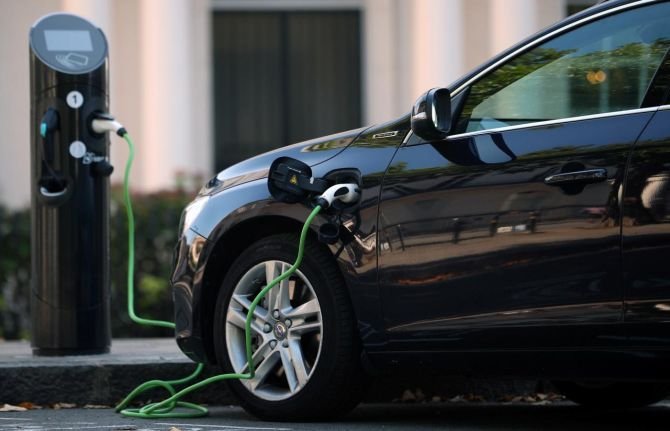A new phased manufacturing programme (PMP) for electric vehicle (EV) charger parts has been announced by the Ministry of Heavy Industries (MHI) in support of the FAME India Scheme Phase-II, which aims to increase domestic production. The government has released a notification dated November 7, 2023, which includes a detailed list of charger components and their corresponding deadlines for indigenization, or the transition to domestically manufactured parts.
How does the FAME-II boost affect EV charger production?
With immediate effect from December 1, 2021, the list includes necessary components such as charger enclosures, internal wire harnesses, and software for charge point operators (CPO) and management systems (CMS). The dates for the indigenization of more complicated parts, like power electronics and different kinds of charging guns, are January 2023 and June 2024, respectively.
According to this regulation, EV charger manufacturers must achieve a minimum of 50% domestic value addition by December 1, 2024, in order to be eligible for the FAME-II plan. This ensures that a sizeable chunk of the manufacturing value chain stays in the nation. It is computed using the charger’s ex-factory price less the value of imported components.

Because of consumer range anxiety, the measure is anticipated to encourage the installation of more public EV charging stations, which is currently viewed as a barrier to the adoption of EVs. The goal of the government’s timeframe for domestic manufacture is to decrease reliance on imports and promote an ecosystem that can provide enough energy for electric vehicle infrastructure.
The Ministry of Heavy Industries‘ Testing agency will verify and audit financial accounts to back up the financial claims of domestic value addition in order to assure compliance. It is projected that this comprehensive manufacturing strategy will support the regional auto parts sector in addition to the government’s overarching objectives of reducing reliance on fossil fuels and promoting environmental sustainability.
The instruction has been approved by the relevant authority and aligns with the ‘Make in India’ strategy, which outlines the Government of India’s objective to increase domestic manufacturing and achieve a higher degree of self-reliance.


